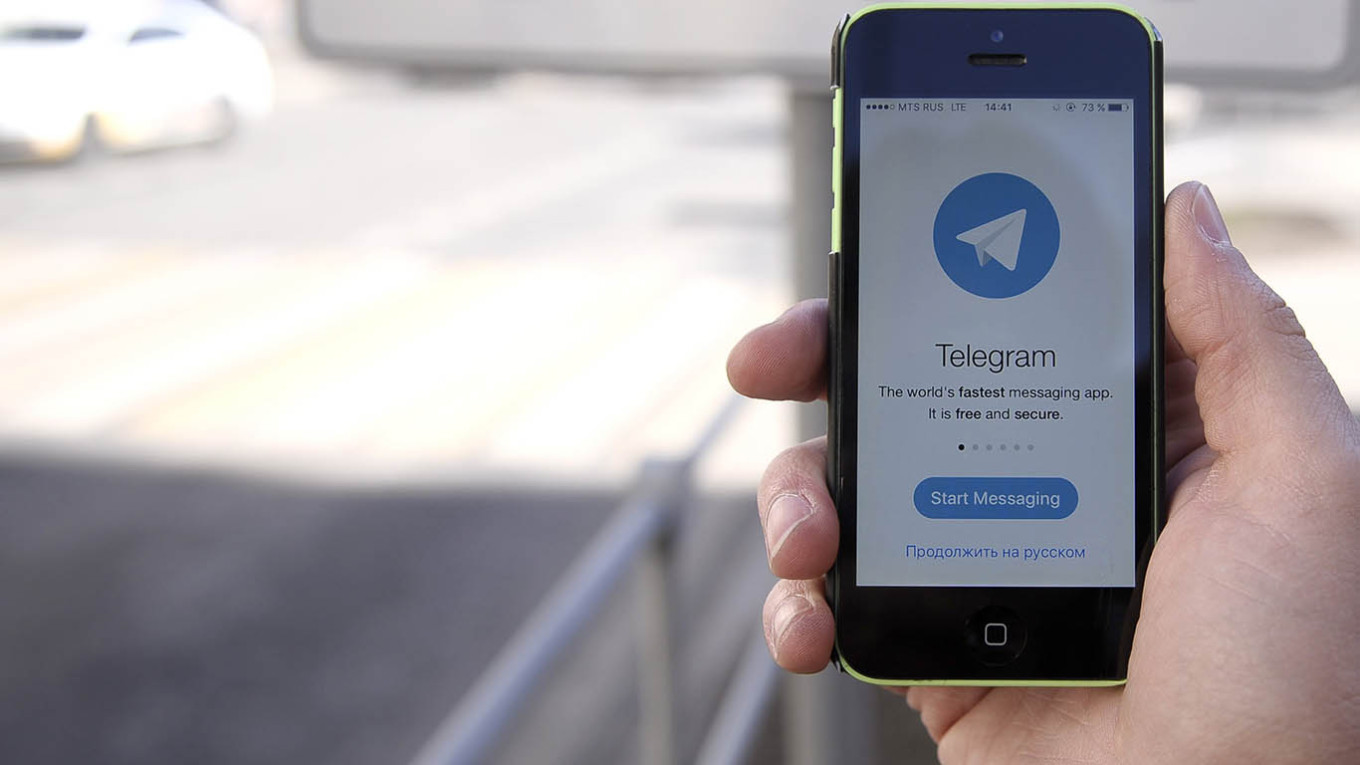The creator of the Telegram messaging platform has initiated the legal proceedings to establish a representative office in Russia, as reported by media sources on Thursday.
This action occurs almost four years after Russia implemented laws mandating that foreign technology companies must have a physical presence in the country to avoid legal repercussions, such as advertising bans and complete access restrictions.
While firms like Google and TikTok have adhered to these regulations to various extents, Telegram, which was established by Pavel Durov, a Russian entrepreneur, has yet to launch a local office.
Tech news site Hi-Tech Mail reported that a recent entry in the registry of the federal communications regulator Roskomnadzor indicates that the registration for Telegram Messenger, Inc. is currently “pending approval.” The exact date when the application was filed remains unclear.
Up to this point, Telegram has undertaken minimal actions to align with Russian localization regulations, including registering with Roskomnadzor and providing a feedback form for users. The messaging service is extensively utilized in Russia, appealing to a diverse user base that includes government officials, pro-Kremlin individuals, and opposition figures.
Some analysts have speculated that the timing of this move may be linked to Russia’s attempt to introduce a state-sponsored alternative to Telegram.
Beginning in September, a new law enacted by President Vladimir Putin will mandate that all personal electronic devices sold within Russia come equipped with a pre-installed “national messenger.” It is anticipated that this role will be fulfilled by Max, a state-supported “super-app” currently being developed by the technology firm VK.
Roskomnadzor has refrained from confirming Telegram’s intentions, stating that they lack information on the topic and directing further inquiries to the company itself, according to the Telegram news channel Ostorozhno Novosti.
IT specialist Alexander Isavnin remarked to the news outlet that Roskomnadzor’s registration does not necessarily indicate voluntary cooperation, referencing TikTok’s registration as a case of compliance instigated by the Russian government.
Telegram, which emphasizes its encryption technology and autonomy from governmental control, has not issued any public statements regarding the office registration.

